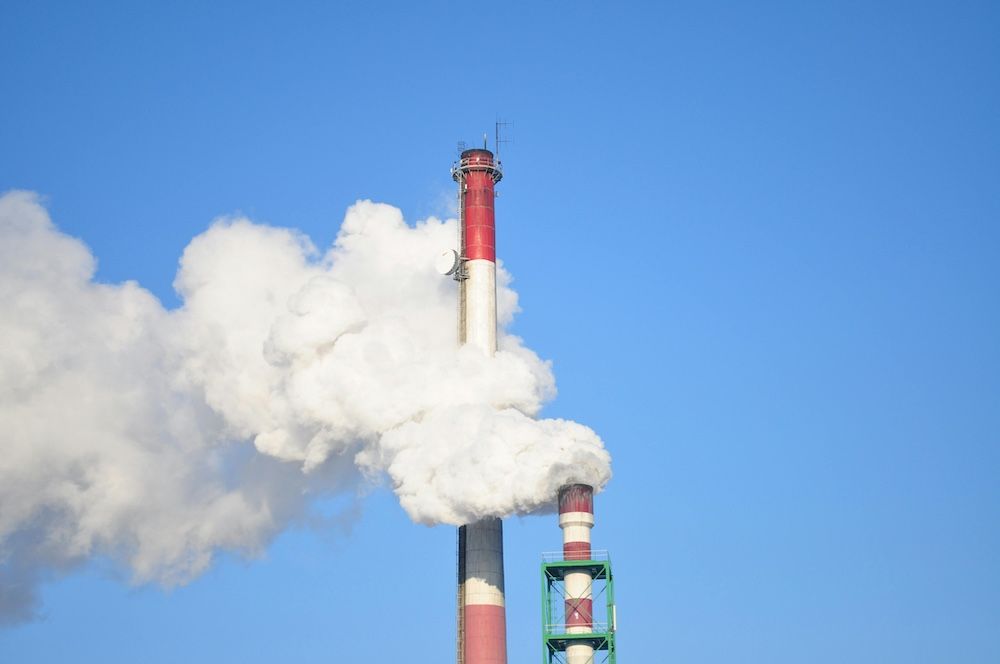Global warming is a critical issue with widespread and profound implications for the planet. It's a result of the increase in greenhouse gases, particularly carbon dioxide (CO₂) and methane (CH₄), which trap heat in the Earth's atmosphere. This leads to rising temperatures, shifts in weather patterns, melting ice caps, and rising sea levels.
Global warming is causing significant changes to our environment. The increasing temperatures are leading to the melting of glaciers and polar ice, which contributes to rising sea levels and threatens coastal communities. Extreme weather events, such as hurricanes, heatwaves, and droughts, are becoming more frequent and intense. Ecosystems are being disrupted, affecting biodiversity and the survival of many species.
The effects of global warming extend to human health. Higher temperatures can lead to heat-related illnesses and deaths. Changes in weather patterns can also impact the spread of diseases; for example, warmer temperatures can expand the range of vector-borne diseases like malaria and dengue fever. Additionally, extreme weather events can lead to injuries, displacement, and mental health challenges.
The economic impact of global warming is substantial. Damage to infrastructure from extreme weather events, increased health care costs, and the need for adaptation measures all impose financial burdens. Agriculture is particularly vulnerable, with changing climate conditions affecting crop yields and food security. This can lead to higher food prices and economic instability.
Addressing global warming involves both mitigation and adaptation strategies. Mitigation refers to efforts to reduce or prevent the emission of greenhouse gases, such as transitioning to renewable energy sources, improving energy efficiency, and reforestation. Adaptation involves making adjustments to social, economic, and environmental practices to minimize the impacts of climate change.
Global warming is a complex issue that requires coordinated international efforts. Agreements like the Paris Agreement aim to unite countries in reducing emissions and limiting global temperature rise. At the same time, local actions are crucial. Individuals, communities, and businesses can contribute by adopting sustainable practices, reducing waste, and supporting policies that address climate change.
Innovation plays a key role in combating global warming. Advances in technology, such as renewable energy, electric vehicles, and carbon capture and storage, offer promising solutions. Continued investment in research and development is essential to finding effective ways to reduce emissions and adapt to climate impacts.
Global warming is one of the most pressing challenges of our time. It affects nearly every aspect of life on Earth and demands urgent and sustained action from individuals, communities, and governments worldwide. Addressing this issue is not only about protecting the environment but also about ensuring a stable and healthy future for generations to come.





